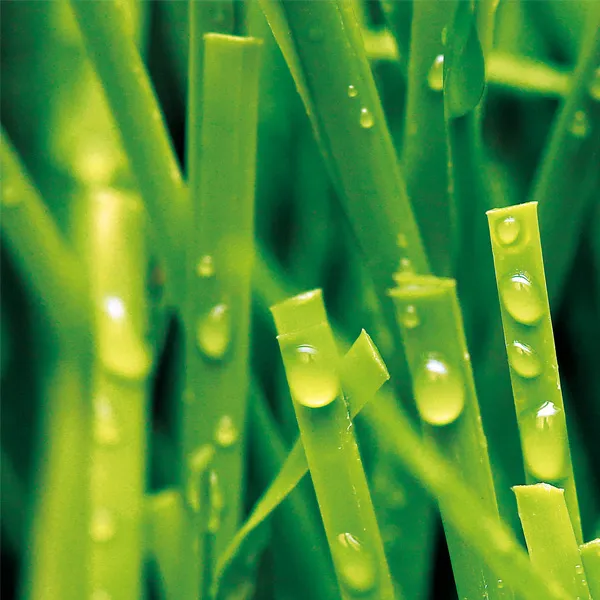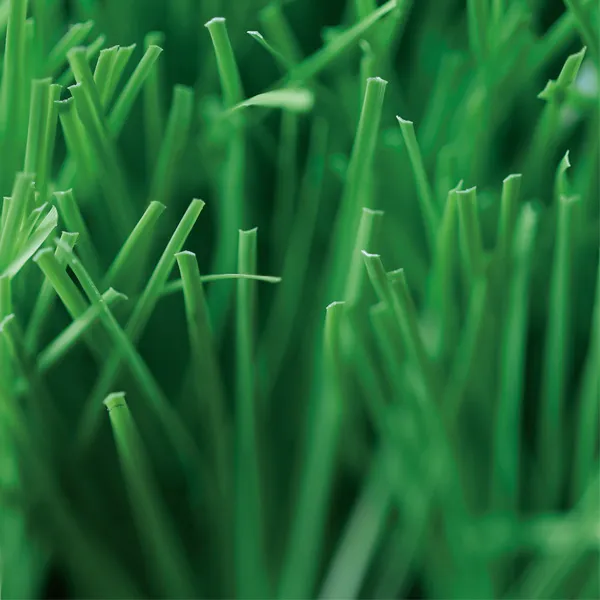Advantages of Installing Artificial Grass for Your Home and Garden

The Benefits of Artificial Grass A Greener, More Sustainable Choice
In recent years, artificial grass has gained significant popularity among homeowners, landscapers, and commercial property managers. As environmental concerns heighten and lifestyles evolve, choosing artificial grass presents an array of benefits that extend beyond mere aesthetics. From water conservation to maintenance ease, artificial grass is not just a practical alternative to natural grass; it’s a smart investment in a sustainable future.
One of the most compelling benefits of artificial grass is its remarkable ability to conserve water. Natural grass lawns typically require a significant amount of water to remain lush and green, especially in arid regions. According to various studies, traditional lawns can require up to 1,440 gallons of water per year for every 1,000 square feet, depending on the climate. In contrast, artificial grass needs virtually no water, except for the occasional rinse to remove dust and debris. This drastic reduction in water usage not only helps to conserve precious water resources but also translates into lower utility bills for homeowners and businesses alike.
The Benefits of Artificial Grass A Greener, More Sustainable Choice
Furthermore, artificial grass offers increased durability and longevity. High-quality synthetic grass can withstand heavy foot traffic, making it ideal for playgrounds, sports fields, and other high-use areas. Unlike natural grass, which can quickly become worn and bare in high-traffic situations, artificial surfaces maintain their appearance and integrity over time. As a result, investment in artificial grass can yield long-term savings by reducing the need for repairs and reseeding.
buy benefits of artificial grass

Another significant advantage of artificial grass is its ability to provide a consistently green and appealing landscape year-round, regardless of weather conditions. Natural grass often suffers from brown patches in extreme heat or cold, and seasonal changes can leave lawns looking less than their best. However, artificial grass maintains its vibrant color and texture throughout the year, ensuring your outdoor spaces look pristine, no matter the season.
In addition to these practical benefits, artificial grass also contributes positively to the environment. The reduction in water usage leads to significant water savings, which is crucial in light of global water shortages. Moreover, synthetic grass eliminates the need for chemical fertilizers and pesticides, which can have harmful effects on local ecosystems. By choosing artificial grass, property owners can create a safe, non-toxic environment for children and pets while also minimizing their ecological footprint.
Lastly, artificial grass adds versatility to landscaping designs. It can be used in various locations, including balconies, rooftops, and indoor environments, making it an excellent choice for urban living spaces where traditional grass might not thrive. Its adaptability allows for creative landscaping that enhances the aesthetic value of any property.
In conclusion, the benefits of artificial grass are numerous and compelling. From conserving water to reducing maintenance efforts and enhancing sustainability, artificial grass represents a forward-thinking choice for homeowners and businesses alike. With its durability, aesthetic appeal, and environmental advantages, investing in artificial grass not only beautifies outdoor spaces but also contributes to a greener, more sustainable future. As more people become aware of these benefits, the popularity of artificial grass is likely to continue to rise, marking a significant shift in how we approach landscaping and outdoor living.
With years of expertise in artificial grass, we're dedicated to providing eco-friendly, durable, and aesthetically pleasing solutions.
Our commitment to quality and customer satisfaction shapes every blade of grass we produce,
ensuring that we not only meet, but exceed,your landscaping expectations.




